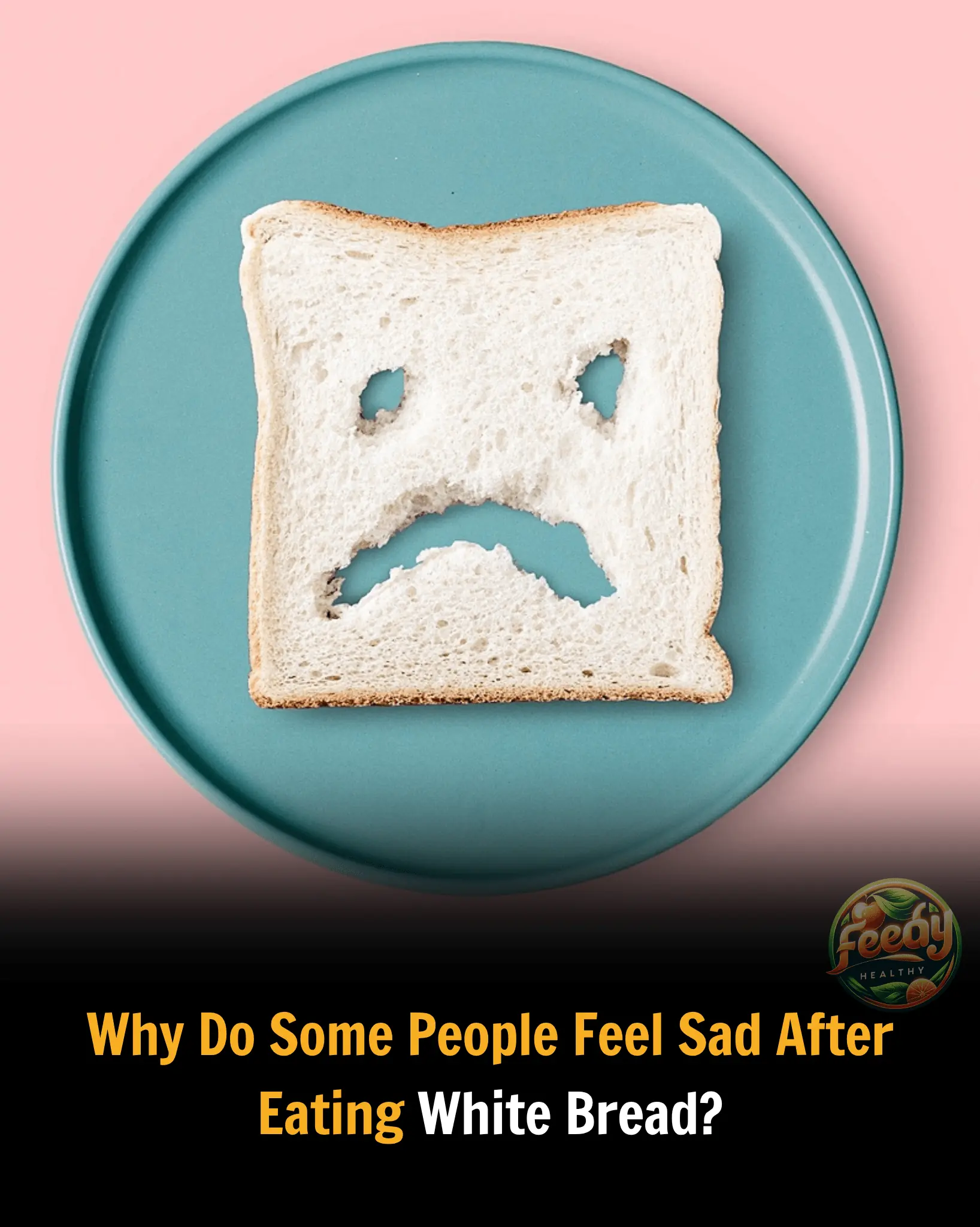
12 Warning Signs Your Blood Sugar Might Be Too Low
Every cell in your body needs energy to function properly, and glucose—commonly known as blood sugar—is the primary source. Glucose is essential for digestion, heart and brain function, healthy vision, and skin. While blood sugar levels naturally fluctuate throughout the day, when they drop below 70 mg/dL, you may experience hypoglycemia (low blood sugar). Here are 12 key signs of low blood sugar that you should watch out for:
1. Sudden Sweating

Have you ever started sweating unexpectedly, even though it wasn't hot? Sweating before lunch may be a sign of low blood sugar rather than the weather. According to Michigan Health, hypoglycemia can trigger excessive sweating, particularly in people with diabetes. However, it can happen to anyone due to a sudden spike in adrenaline when glucose levels drop. Night sweats are especially common in diabetic individuals with low nighttime blood sugar.
2. Irritability
We’ve all been there—waiting too long for a late dinner and suddenly feeling irritable. There’s science behind that "hangry" feeling. When your blood sugar drops, stress hormones like cortisol and adrenaline rise, leading to mood swings and irritability. It’s worth noting, however, that hunger doesn’t always mean your blood sugar is low—you might feel irritable even with stable glucose levels.
3. Intense Hunger

Glucose is the brain’s main fuel source. When blood sugar levels dip, your cells are starved for energy, making you feel hungry. It's important to choose foods that help stabilize blood sugar—like non-starchy vegetables, whole grains, and healthy fats. While sugary drinks or refined carbs can cause a quick spike, they don't provide lasting stability.
4. Nightmares
Low blood sugar at night doesn’t just cause sweating—it can also disrupt sleep and lead to nightmares. Diabetics often report frightening dreams severe enough to wake them up. Since nighttime symptoms are often misdiagnosed, persistent nightmares may be a sign to review your pre-bedtime meals and activity with your doctor.
5. Difficulty Concentrating

Feeling unfocused? It may be time for a snack. Low blood sugar reduces the brain’s supply of glucose, impairing concentration and your ability to complete simple tasks. This issue isn't exclusive to adults—children who skip meals also suffer reduced attention spans and learning performance.
6. Dizziness
If you feel lightheaded after skipping a snack, your blood sugar may have dropped. Low glucose can activate your sympathetic nervous system, releasing hormones that cause dizziness, fatigue, and hunger. Dehydration can worsen the effect, so staying hydrated is key. That said, dizziness can also stem from other causes, like inner ear problems, so consult a doctor if eating doesn’t help.
7. Shakiness

Feeling shaky is another classic symptom of hypoglycemia. It happens because your body releases adrenaline to urge you to eat. If you feel shaky after a meal, however, it could be postprandial syndrome (IPS), which mimics low blood sugar symptoms like dizziness and headache. IPS is generally harmless but recognizing it can help you manage symptoms better.
8. Blurred Vision
If your vision suddenly goes blurry, a drop in blood sugar might be to blame. Hypoglycemia—especially in diabetics—can cause visual disturbances like blurriness, black spots, or even double vision. However, high blood sugar can also affect vision by swelling the eye’s lens. Persistent vision changes should be evaluated by a doctor to rule out other causes.
9. Slurred Speech

Slurred or garbled speech can be a serious sign that your blood sugar has dropped below 40 mg/dL. This symptom, along with difficulty forming sentences, is a signal to eat immediately. Other moderate symptoms may include muscle twitching, unsteady walking, or mood swings. Because symptoms escalate gradually, early recognition can help prevent more severe outcomes.
10. Interrupted Sleep

Struggling to fall asleep? You’re not alone—about one-third of adults experience chronic insomnia. Frequent sleep disruptions could be a sign of nighttime hypoglycemia. Along with night sweats, you might wake up feeling fatigued or irritable. Maintaining a healthy sleep routine is essential for regulating blood sugar and lowering the risk of obesity and diabetes.
11. Seizures and Coma

While most cases of low blood sugar can be corrected quickly, severe hypoglycemia can lead to serious complications like seizures, fainting, or even brain damage. In diabetic patients, dangerously low glucose levels can result in a diabetic coma—though high blood sugar can also cause this. Early symptoms usually appear before a coma sets in, so it’s critical to act quickly by consuming glucose tablets or even a sugary beverage.
12. Rapid Heartbeat
According to Health Direct, a racing or pounding heart can be a warning sign of hypoglycemia. When blood sugar drops, your body releases adrenaline, triggering the “fight or flight” response. This leads to symptoms like heart palpitations, irregular heartbeats, and reduced blood flow to the heart. In rare cases, it can result in sudden cardiac arrest during sleep—especially in individuals with type 1 diabetes.
Bottom Line:
Recognizing the early warning signs of low blood sugar can help you take quick action and prevent serious health risks. If you frequently experience any of these symptoms, especially if you're not diabetic, consult your healthcare provider to explore possible causes and develop a management plan.
News in the same category


Discover the Powers of Moringa: Traditional Recipes and Health Benefits

Benefits of Clove Tea: How to Transform Your Health One Cup at a Time

Benefits of Radishes, Ginger, and Honey for Thyroid and Gallbladder Health
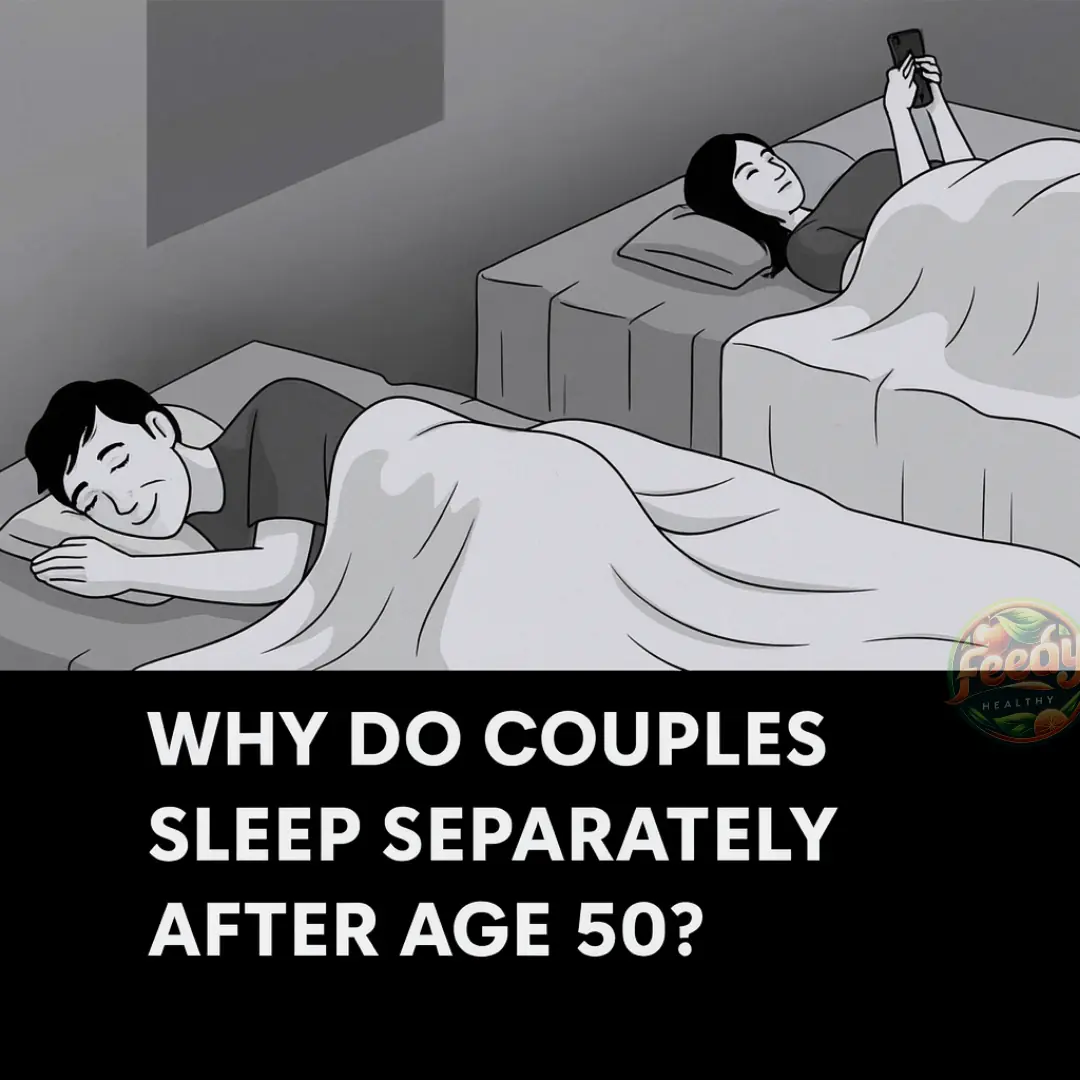
Why Do Couples Start Sleeping Separately After Age 50?
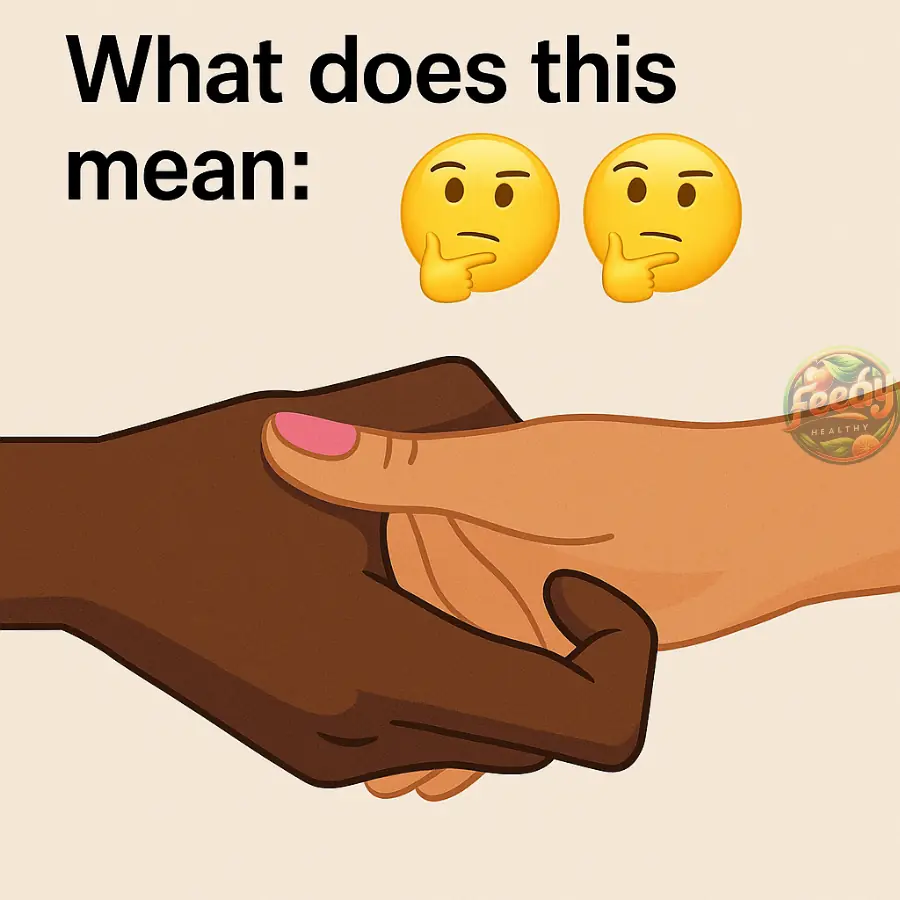
The Deep Meaning of Holding Hands: Emotional Connections and Symbolism

The Power of Dates: Benefits for Your Digestive Health

Natural Power Drink to Cleanse the Liver and Blood Vessels: Just 2 Ingredients!

Dietary Adjustments to Improve Erectile Dysfunction and Premature Ejaculation: 3 Often Overlooked Fruits

The Most Harmful Drink for Your Blood Vessels – You Might Be Drinking It Every Day Without Knowing!
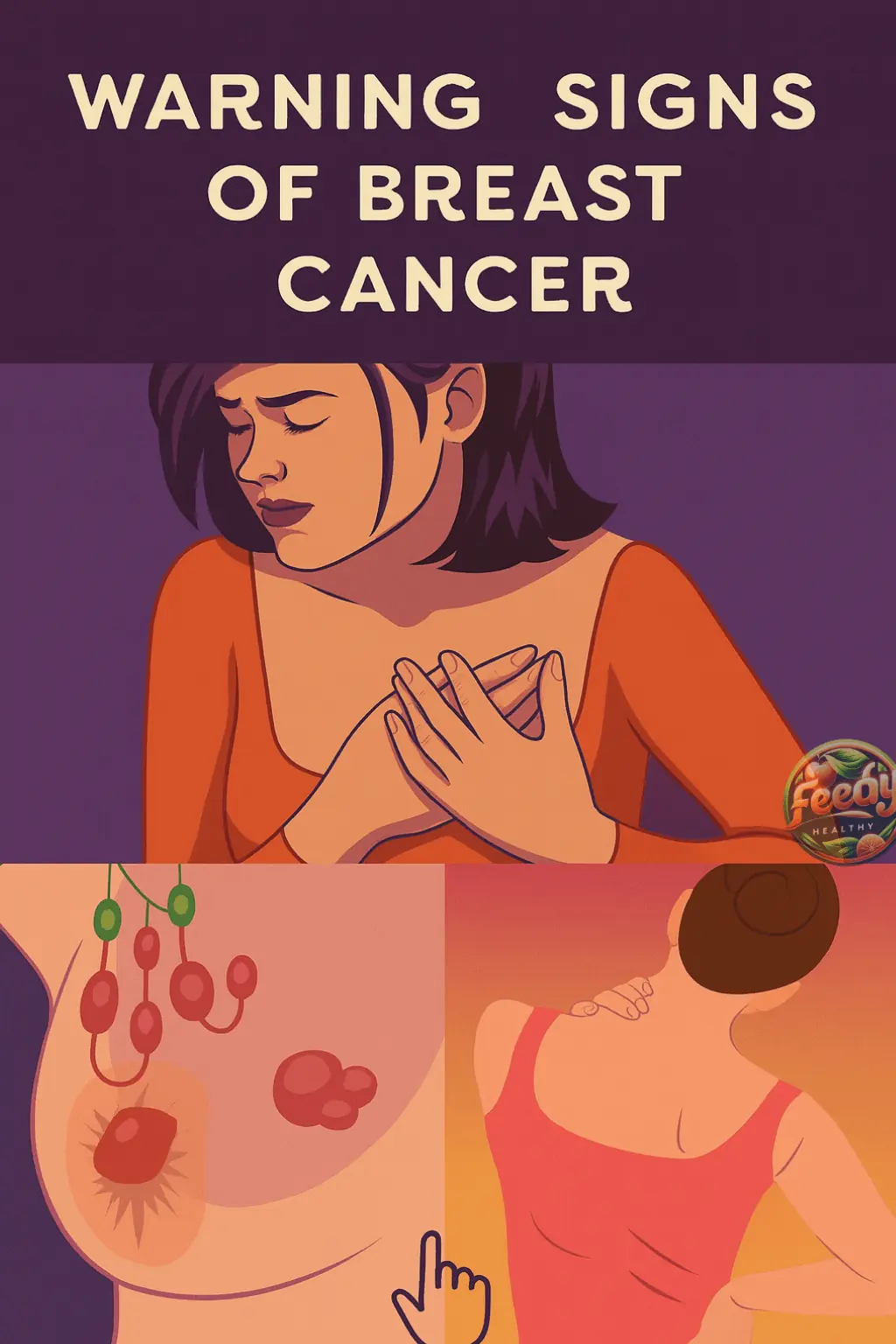
Symptoms to Detect Breast Cancer: What You Need to Know
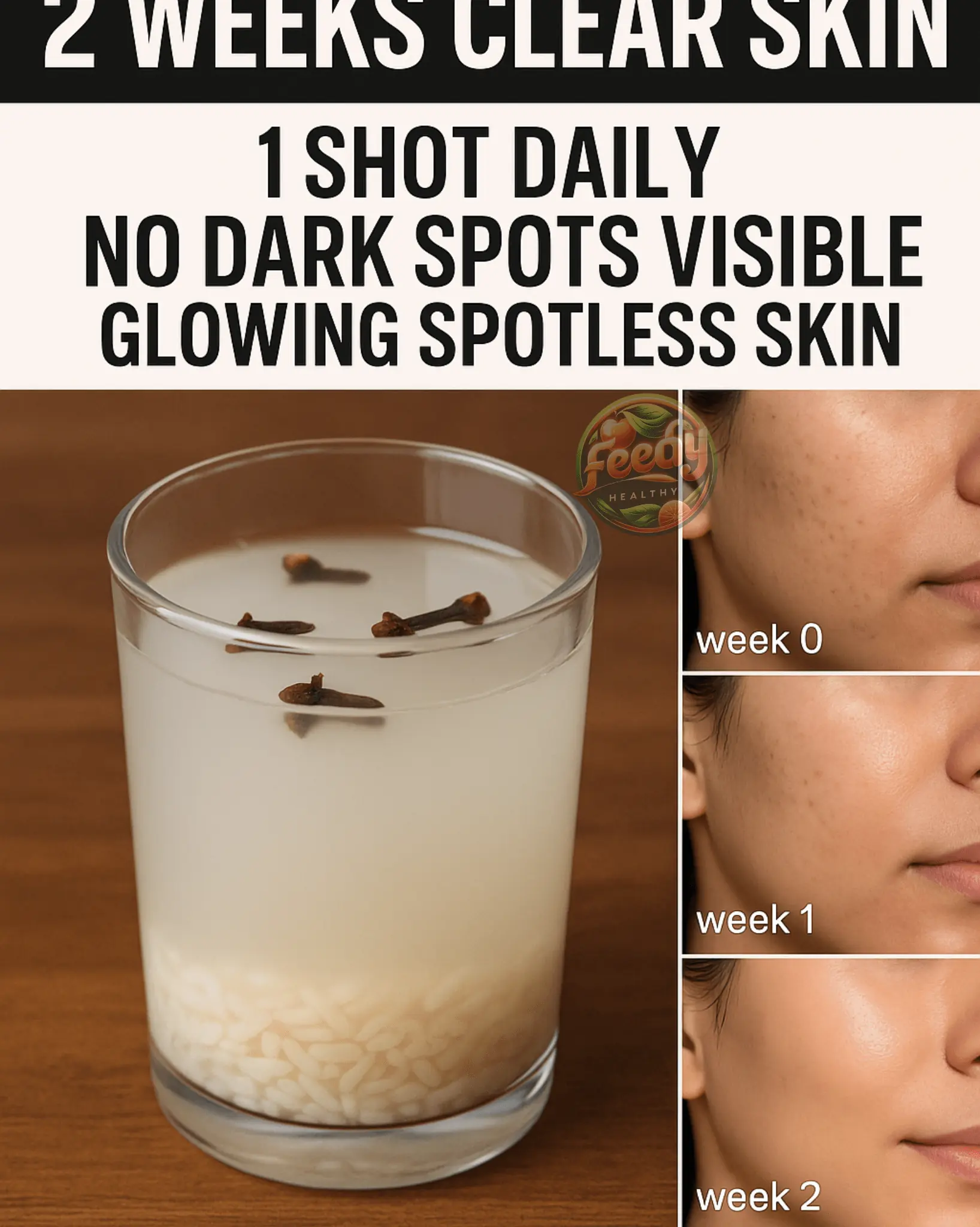
Ginger Clove Shot For Glowing Skin
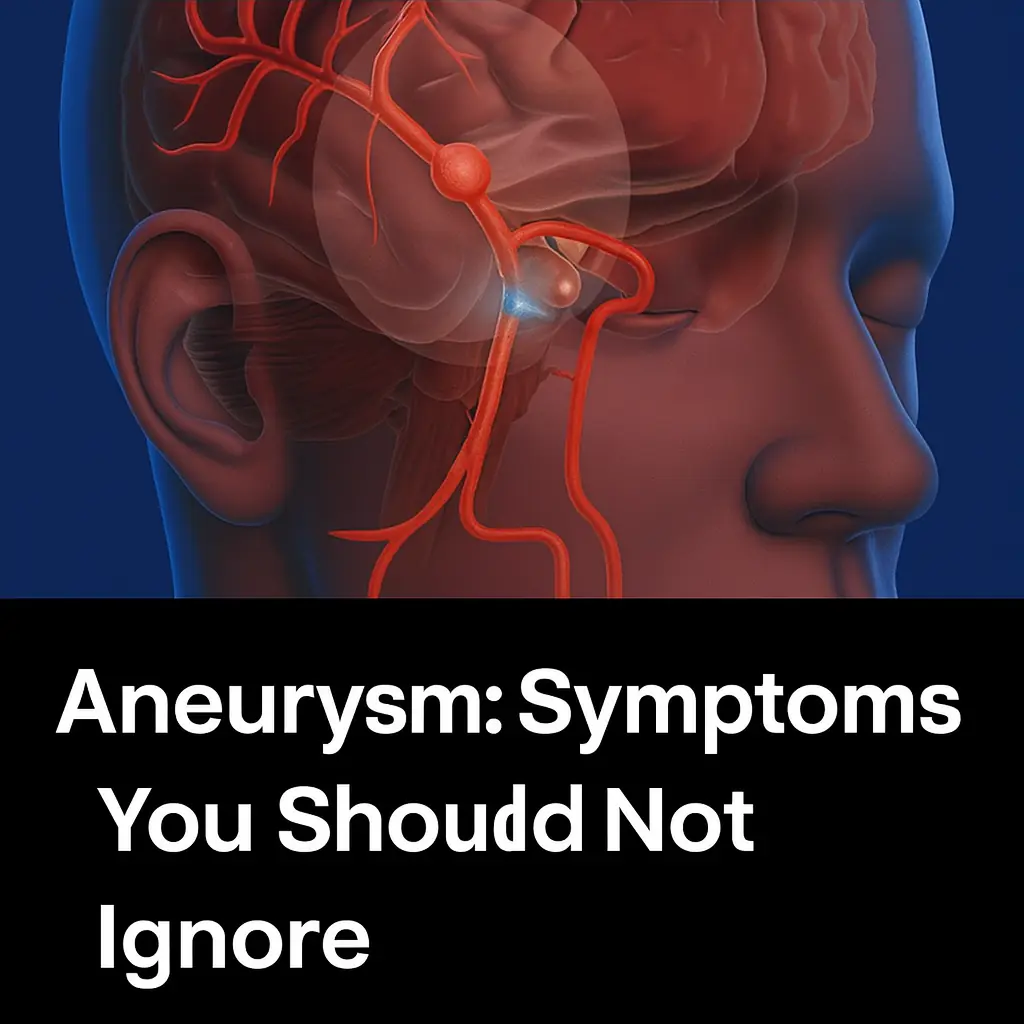
Aneurysm: Warning Signs You Should Never Ignore to Protect Your Brain Health

Old Doctors Swear By This: Castor Oil & Baking Soda Treat 19 Health Issues – Results in Just 48 Hours!
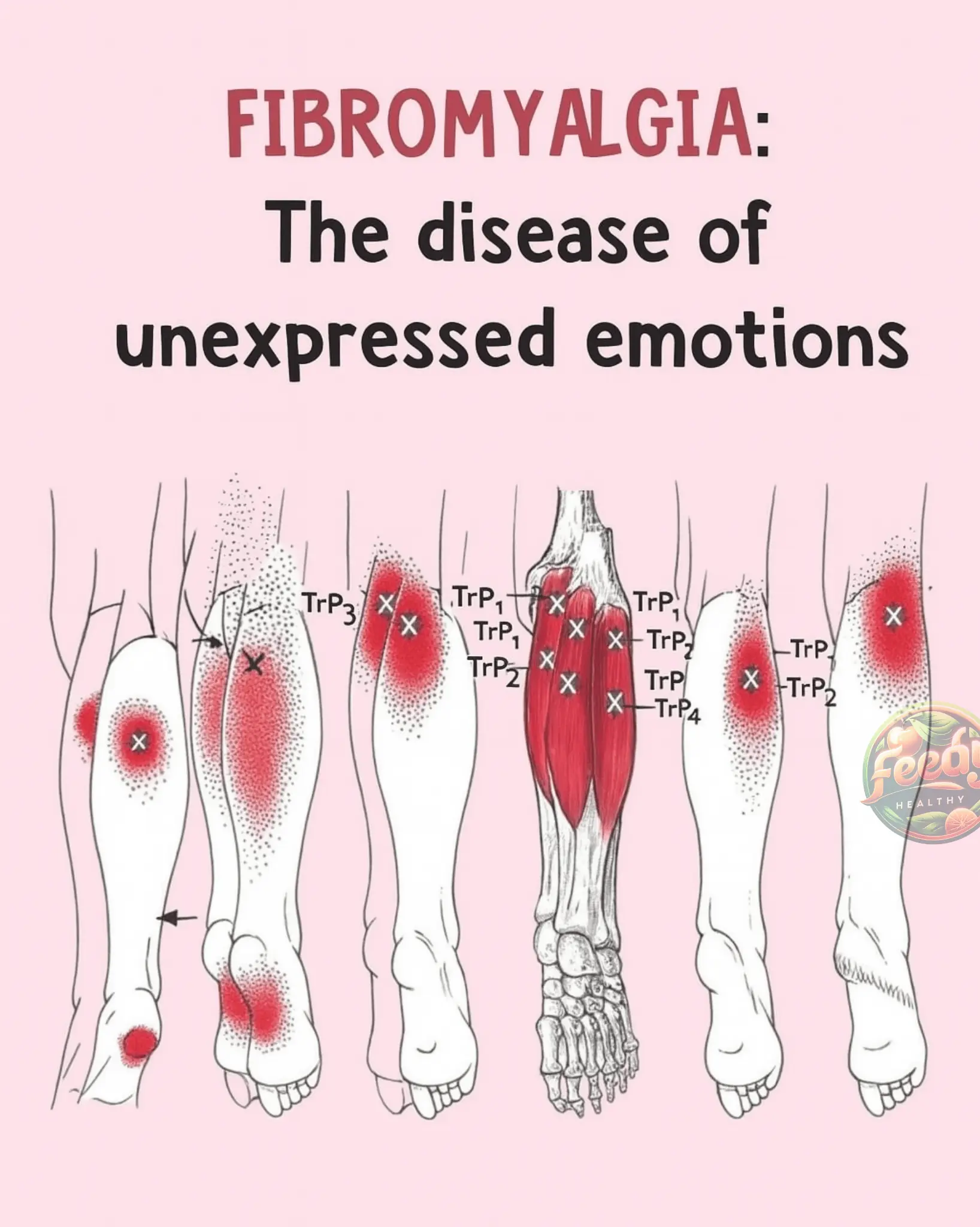
Fibromyalgia: How to Manage It with Natural Remedies and a Healthy Lifestyle
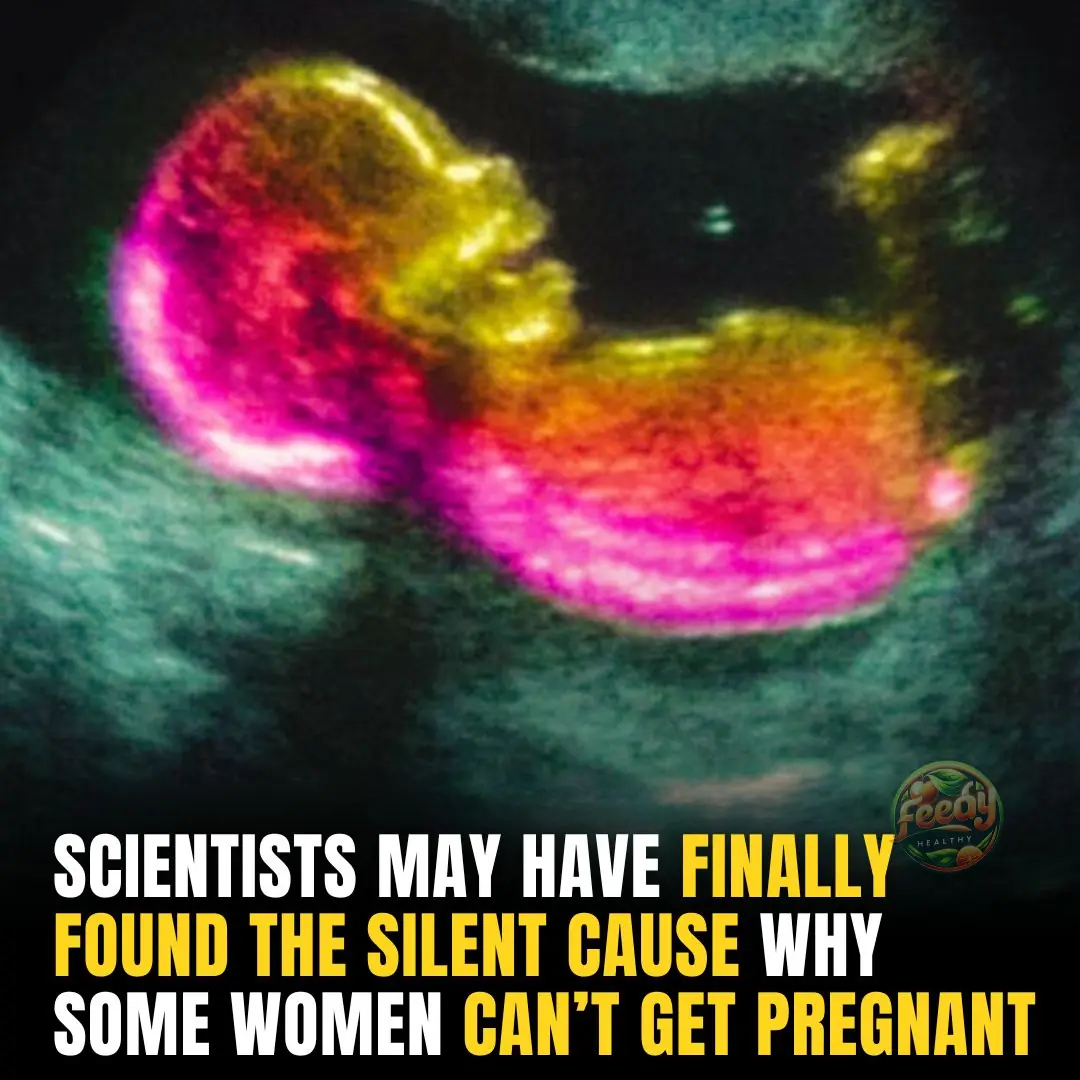
Scientists Found The Hidden Factor Behind the Global Infertility Crisis, And It’s Terrifying
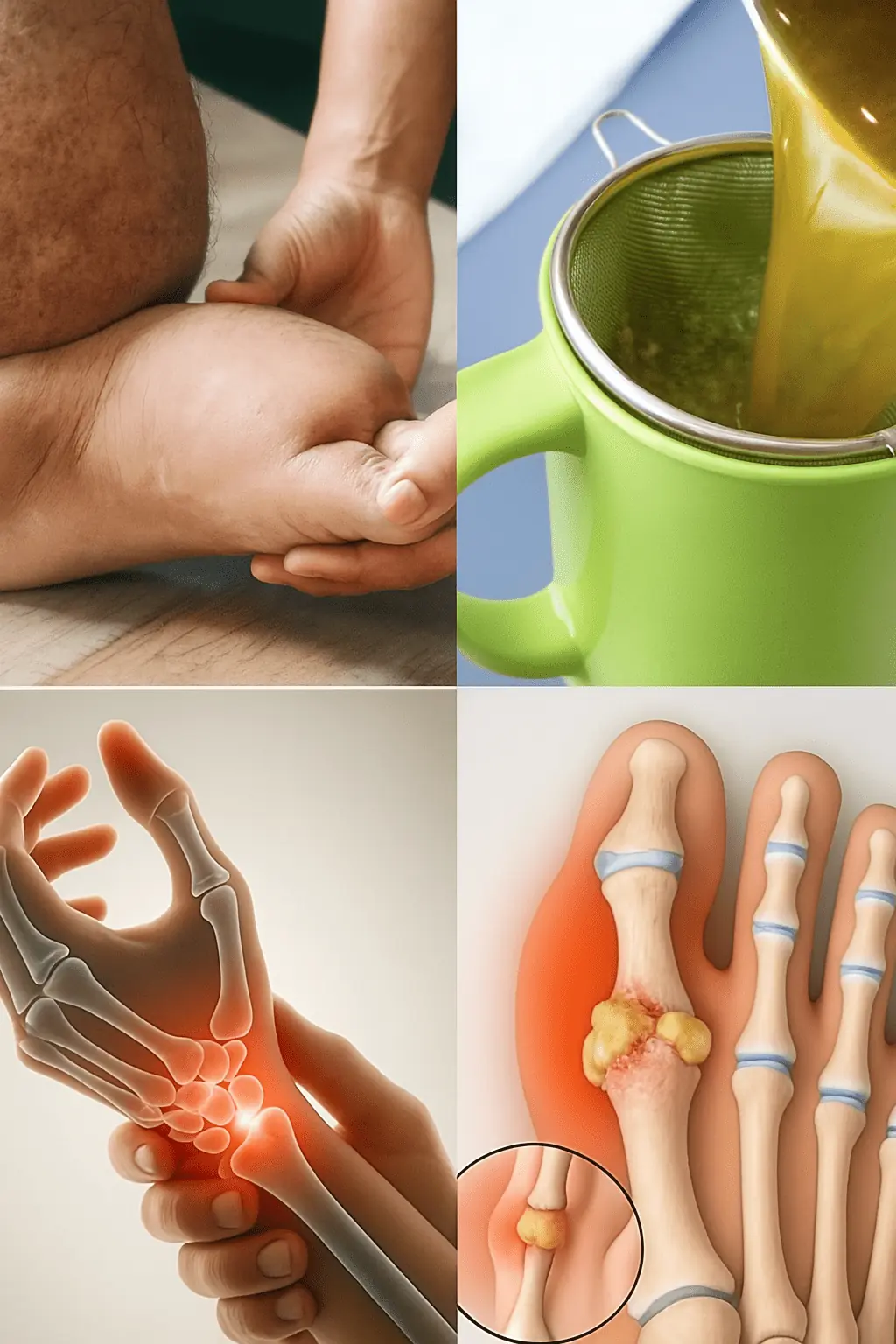
Drink This Natural Tea to Relieve Swelling in Legs, Ankles, and Feet

At 60, I Healed Cancer, High Blood Pressure, Diabetes, and Poor Circulation – Thanks to This Natural Drink
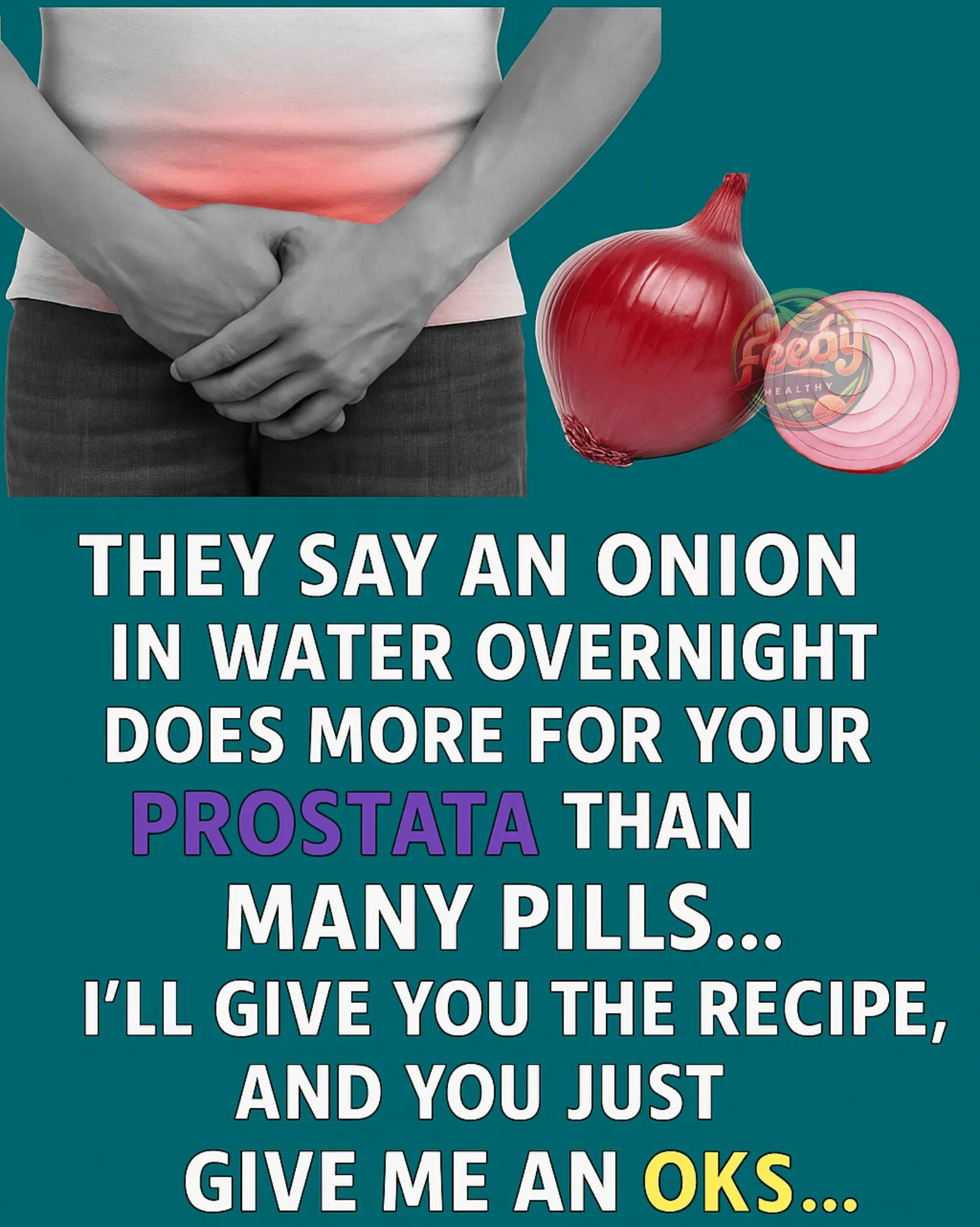
Benefits of Onion in Water: A Natural Remedy for the Prostate
News Post

Pear and Pomegranate Spinach Salad with Maple-Lemon Mustard Dressing

Creamy Spinach Gnocchi (20-Minute, One-Pan Meal)

Lemon Chicken Orzo Soup

🐱 What Does It Mean When Your Cat Shows You a Mouse?

🍪 Cookies & Cream Swiss Roll Cake

🍪 No-Bake Biscuit Cheesecake Bars

🍓 Strawberry Drip Cake Recipe

🍫 Ultimate Chocolate Milkshake Recipe
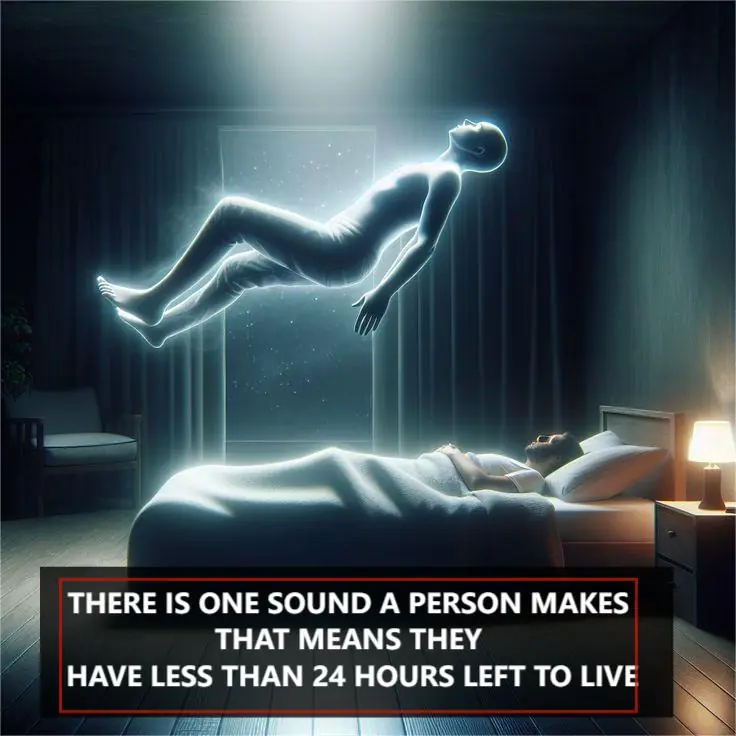
Experts Are Shedding Light on the ‘Death Rattle’ Phenomenon Before Passing

Junk Cars, Green Future: How Automobiles Became the World’s Most Recycled Consumer Product

France’s Living Streetlights: A Glowing Experiment in Sustainable Urban Lighting

Italy’s Quiet Rubber Roads: A Sustainable Shift Toward Noise-Free, Eco-Friendly Infrastructure

Japan’s Harmony Trains: Blending Innovation and Compassion to Protect Wildlife

Why Do Some People Feel Sad After Eating White Bread?

Discover the Powers of Moringa: Traditional Recipes and Health Benefits

Benefits of Clove Tea: How to Transform Your Health One Cup at a Time

Benefits of Radishes, Ginger, and Honey for Thyroid and Gallbladder Health

Why Do Couples Start Sleeping Separately After Age 50?
